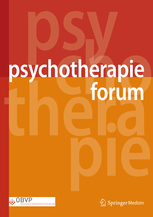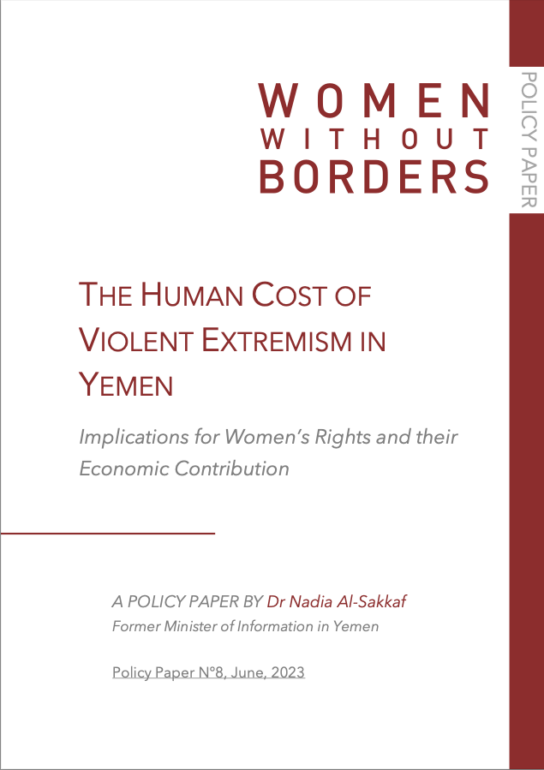In the summer months of 2008, Women without Borders (WwB) rolled out the ‘Teamshaping’ component of its ‘Island of Change’ campaign. The project brought together university students from across Zanzibar in a series of female-empowerment-themed workshops based on Professor Ulrich Kropiunigg’s established ‘Teamshaping’ Model. Each workshop spanned four days and took place at the State University of Zanzibar (SUZA). While the first group included 22 male and female students who dedicated their workshop to discussing ways of improving education for women, the second group included 18 men and women who chose to address the issue of domestic violence in Zanzibar. Upon the workshop series’ completion, both groups of men concluded that they had been largely unaware of the degree to which the rights of women in their communities were being limited.
Despite its international reputation as a desirable tourism destination, the island of Zanzibar, located off the coast of Tanzania, faces problems that are common across most parts of Sub-Saharan Africa: rising rates of HIV infection, poor healthcare, and limited educational opportunities. Women in particular have been disadvantaged; they fight an uphill battle to secure basic education, have almost no say in their homes, and in most cases their parents dictate whom they marry. These prevalent societal issues demand attention, and they require local female leadership, tailored awareness raising programmes, and proven and tested tools for sustainable growth.
Observing how international relief and development efforts over recent decades have done little to support sustained progress in Zanzibar, Women without Borders (WwB) recognised that change must instead come from within. Zanzibar has an impressive talent pool of university-level youth whose potential still lies dormant; the island’s graduates are have the potential to become role models and leaders for change in their communities. This especially is true of the qualified women of Zanzibar, whose skills continue to be underutilised and underappreciated.
As part of its ‘Island of Change’ campaign, WwB set out to empower the Zanzibar’s female talent pool through the ‘Teamshaping’ component of the overall project. Professor Ulrich Kropiunigg from the Medical University of Vienna, who designed and advanced the ‘Teamshaping’ Model in the course of his career as a psychologist, delivered a contextualised, female empowerment-oriented iteration of his Model at the State University of Zanzibar (SUZA). WwB rolled out the project in conjunction with its local implementing partner ZAYEDESA, and the workshop was attended by SUZA and Zanzibar University (ZU). Each workshop spanned four days and took place during June and July of 2008.
Professor Kropiunigg convened the Teamshaping workshops to hone the participants’ communication and cooperation skills, heighten their conceptual awareness, and provide the necessary background to develop appropriated and effective support structures. In the spirit of the Teamshaping philosophy, attendees were tasked with identifying societal issues that the deemed to be important, and to define common goals as a group.
While the first group included 22 male and female students who dedicated their workshop to discussing ways of improving education for women, the second group included 18 men and women who chose to address the issue of domestic violence in Zanzibar. Finding inspiration in moulding the discourse in accordance with their concerns, both groups contemplated and offered solutions that, in their estimation, they would not have thought about or indeed attempted to address on their own.
The Teamshaping workshop series also served as a means to gain deeper insight into societal gender attitudes, norms, and expectations. Taking domestic violence as a guiding topic functioned as a catalyst for extensive discussions on a variety of other issues, including education, family, the role of men and women in society, economic factors, and religion. While men initially voiced paternalistic opinions and relativized violence against women, the male participants increasingly listened to and acknowledged the female participant’s points of view over the course of the workshop. When during a debate on how the rights and duties of men and women were to be interpreted in religious texts a male student pointed out that women too were expected to contribute financially, all of the women in the group immediately expressed their desire to do so. They went on to argue that men by and large prohibited them from leaving their homes in the first place. A number of men conceded that previously they had not considered how the rights of women in their communities were being so severely restricted.
The Teamshaping Model proved to be a meaningful instrument for the students to embark on discussions that involve taboo topics, develop an appreciation for group strategies when aiming to effect positive social change, and gain a heightened awareness of the widespread abuse of women’s rights. In order for true change to come about , men must listen to women’s concerns, and women must have a secure space to share their concerns, grievances, and aspirations. As one of the participants described the Teamshaping workshop upon its conclusion, ‘I now have a chance to prove my knowledge and change ideas in Zanzibar, and I have a chance here to promote women’s empowerment’.



